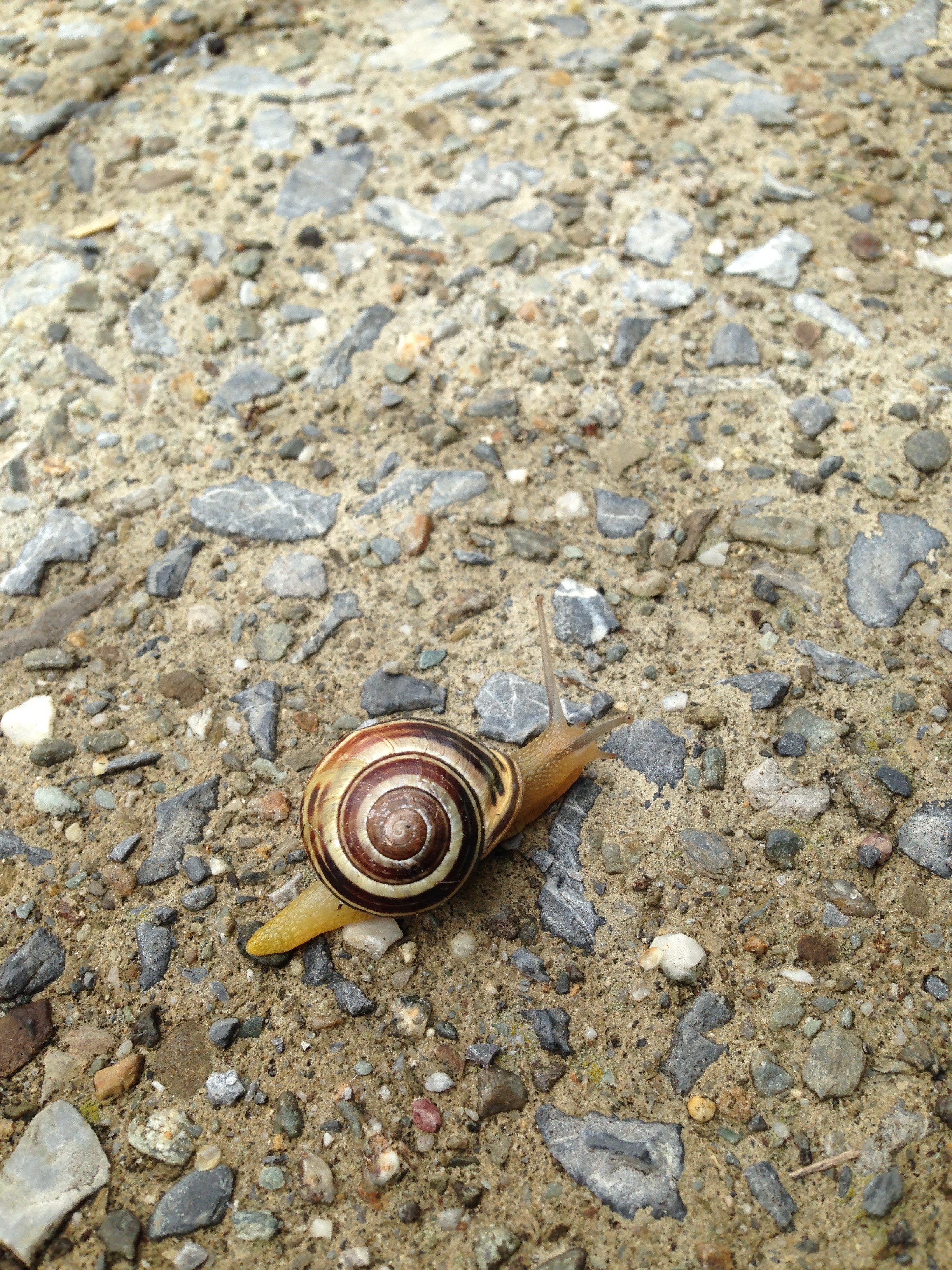The perfectionist's dilemma
/My name is Lauree, and I'm a perfectionist. Contrary to what I've believed for most of my life, perfectionism doesn't involve an empty inbox, or closet shelves organized by color. Those are definite traits, but perfectionists like me also leave dirty dishes in the sink for days without giving them a second thought.
Perfectionism shows up, in my life at least, in two ways.
It starts with the phrase: get it right.
I restate myself a lot in conversation, over-talking about the important stuff because I value being understood more than just about anything else. I edit blog posts up to 10 times to ensure there aren't typos, and to see if my message is coming through. Sometimes I hit Publish still crossing my fingers.
The second aspect of perfectionism is the real kicker.
I know I'll never get it right, and I'm bummed about it.
Perfectionists can tell themselves that they are okay with their dishes in the sink, but let's be honest. We also judge ourselves for falling short.
And then I look at Facebook.
Most people show only the highlights reel of their lives, and if you're already giving yourself a hard time for not living up to your own overblown expectations, seeing their perfect moments is a recipe for a meltdown.
It is sometimes not until the next day when I remember that their lives don't really look like that either.
My client Sarah Bagley and I speak the same language. She hosts a blog about a recovering perfectionist's guide to a B+ life, and has written "I'll never be good enough // How disordered eating and hating myself lead to this B+ journey, and On being a B+ parent. For her podcast, she interviewed me about recovering from perfectionism.
How does one recover? By shifting expectations.
- Award yourself an A for effort. Hanging a certificate of achievement on the fridge is even better.
- Notice how you love others for their imperfections, and extend the same unconditional love to yourself.
- Pay close attention when the get it right voice pops into your head, and choose to tell yourself something else.
Another way is to own that you already are perfect. A friend and fellow coach uses the word all the time. “This is perfect.” “You are perfect.” The more the word is said, the looser the hold it has, and the more you will believe that it is true.
In her honor, a few years ago I referred to myself as perfectly imperfect.
Never for one minute doubt how perfectly imperfect you are. We all love you for it.

